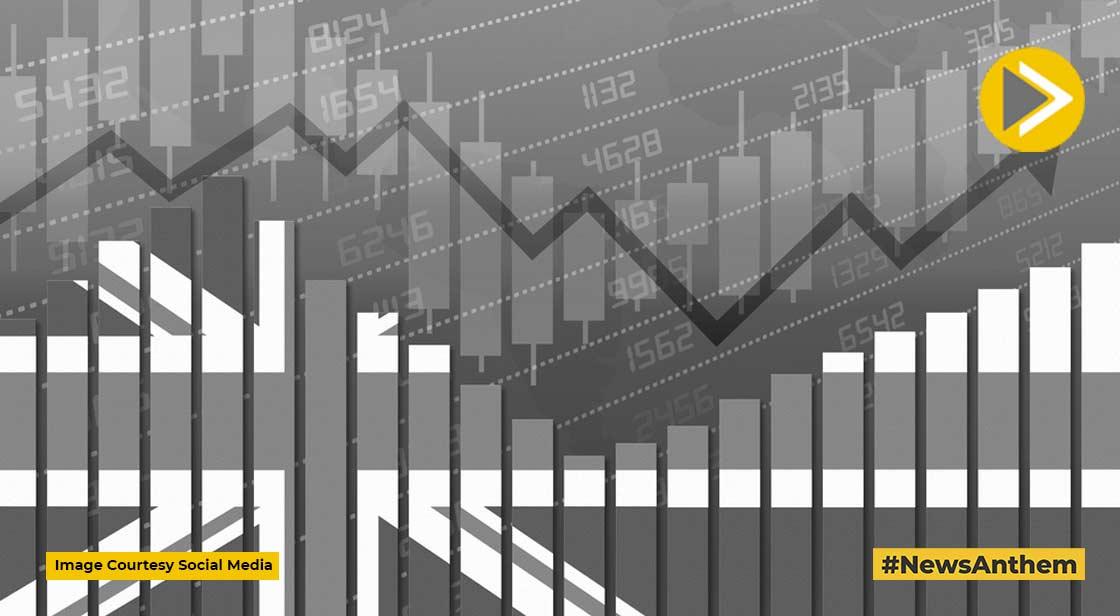Inflation Pushes UK Government Interest Costs to May Record

News Synopsis
Interest payments on UK government debt reached an all-time high in May, because of rising inflation. The government paid £7.6 billion in interest payments last month, up £3.1 billion from the previous year. Government borrowing fell year on year in May but remained higher than pre-Covid levels.
Borrowing was £14 billion, a £4 billion decrease from the previous year, according to the Office for National Statistics. However, the figure was the third-highest in May borrowing since monthly records began in 1993, and it was also £3.7 billion higher than the Office for Budget Responsibility (OBR) had predicted.
The recent high levels of debt interest payments are largely due to higher inflation, according to the ONS. This is because the interest paid on government bonds has risen in tandem with the Retail Prices Index, which reached nearly 12% in May.
Interest payments have totaled £14.1 billion so far this fiscal year, an increase of £4.7 billion year on year. According to the ONS, May's figure was the government's third-highest debt interest payment in a single month.
The Office for Budget Responsibility estimates that debt interest payments will cost the government £87.2 billion in the fiscal year ending March 2023.
Rising inflation and rising debt interest costs, according to Chancellor Rishi Sunak, "pose a challenge for the public finances, just as they do for family budgets."
You May Like









